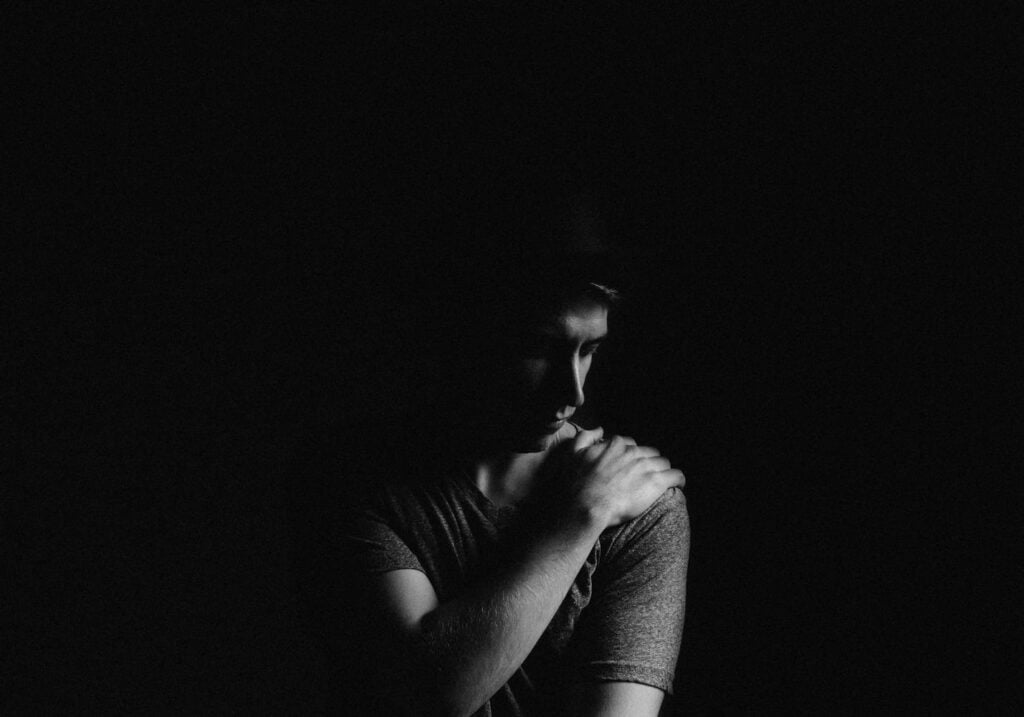Men find it more difficult to explain how they feel, and it’s a reason why male depression goes unreported. Unfortunately, male mental health is often deliberately overlooked due to cultural norms.
There’s enough evidence to support the claim that men face mental illnesses just as much as other genders do. There’s no significant difference in the rate of depression in men and women.
The suicide rate in American men is four times higher than in women. And in just 2019, 11.1% of 18 to 20 year-old-men and 21 to 25-years-old men faced a major depressive episode.
These numbers explain that men don’t ask for help when it comes to depression. But what are the reasons why male depression is so overlooked?
Masculine Stereotypes and Their Effects
Many social and economic factors like racial discrimination and economic status deter many people from seeking mental help. And mental health comes with various stigmas, but men face a very different kind of stigma when it comes to mental health.
More typically, masculine men or men with masculine traits don’t reach out for help. According to a study conducted in 2017, researchers connected men not reaching out for mental health help to specific stereotypical masculine traits. Such self-reliant men were prone to face poorer mental health.
Men of color also face barriers due to cultural stereotypes and racial discrimination.
Men Express Mental Illness Differently
Gender also affects how people experience mental health. Men with mental health issues show them through typically “masculine” behaviors such as aggression, poor impulse control, alcohol abuse, casual sex, etc. These coping behaviors are often misunderstood, and in many cases, wrongly celebrated.
These also go unnoticed by men themselves as they determine their substance and alcohol abuse to be the reason for their problems rather than the expression of said problems. But the celebration of these traits often has men not dropping them at all.
This causes these illnesses to go unnoticed, and it’s difficult for men to spot the vulnerability hidden underneath the masculine traits.

Lack Of Male Mental Health Awareness
Many awareness campaigns fail to address and reach out to men suffering from mental health. They lack nuances that would speak out to men. This causes men to feel vulnerable and different from other men when seeking help for their mental health issues.
It’s difficult for men to reach out, but it’s a therapist’s job to make things easier. Remember, you’re not alone, and male depression is a mental health issue that can be resolved. If you’re going through male depression, you can reach out to a mental health therapist to seek help.
Azizeh Rezaiyan’s male depression treatment addresses your unique needs and helps you understand and express them. The root of most clinical depression lies in childhood, and she can help you address those underlying issues and offer healthy coping mechanisms. Moreover, Azizeh can help reframe your negative thoughts.
Visit our website for counseling in Palo Alto.

0 Comments Leave a comment